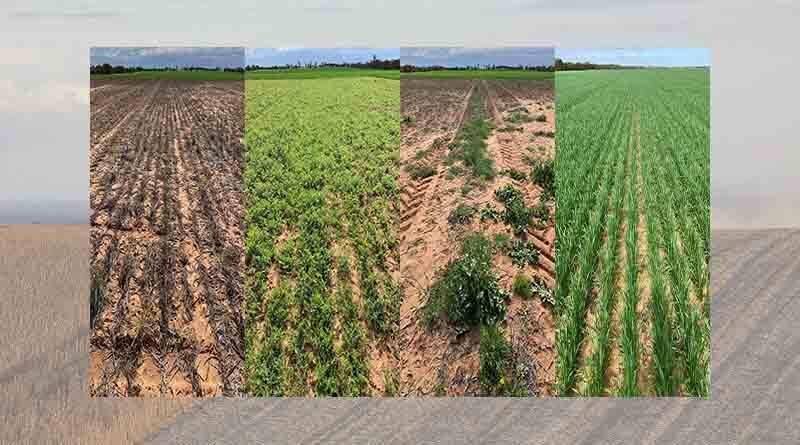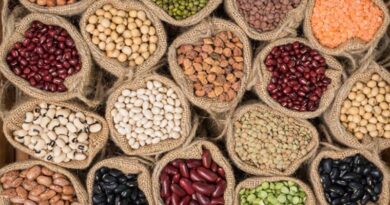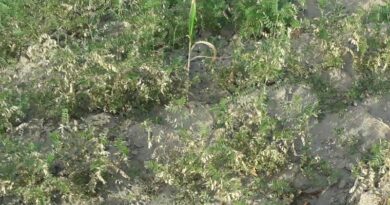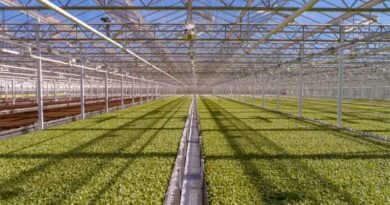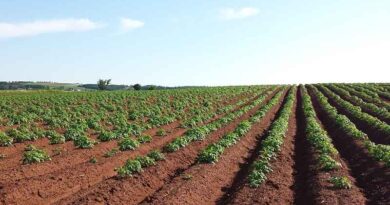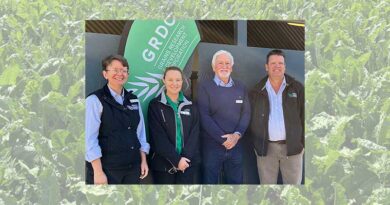Australia: New GRDC project to assess economics of fallow
16 August 2022, AU: A new research project is working to give Western Australian growers in the central and eastern wheatbelt improved knowledge of fallow management and the economic value of fallows in their cropping rotations.
Fallowing is the practice of leaving a paddock out of production for an entire growing season and is a common farming system used across the central and eastern wheatbelt.
However, changes in the economics of crop production, coupled with record high input and grain prices, have led some growers to question the benefits of fallow.
A two-year Grains Research and Development Corporation (GRDC) investment, led by Laconik, aims to increase grower confidence in introducing fallow into farming rotations, especially in years that have a poor long-term rainfall forecast.
As part of the project, six replicated farm scale trials have been established in Nungarin, Mukinbudin, Hines Hill, Bonnie Rock, Kalannie and Gabbin to assess three different types of fallows: complete brown out (full chemical fallow), vetch and volunteer pasture (brown manured) against the economics of a continuous cereal.
The treatments were implemented at trial sites this season, with the same sites to follow into a cropping rotation in 2023.
Laconik Managing Director Darren Hughes said that the project is building on research previously conducted by CSIRO in the eastern wheatbelt.
“This is a great opportunity for growers to learn more about the agronomic and economic benefits of fallow to the farming system,” Mr Hughes said.
GRDC grower relations manager – west Jo Wheeler said that as rainfall becomes more variable, the regions that will benefit from fallow rotations are likely to grow.
“Currently it’s low rainfall areas that use fallow to reduce risk, however, growers in medium rainfall zones are also managing more years with dry starts and poor long-term forecasts,” Ms Wheeler said.
“This GRDC investment aims to ensure WA growers are fully informed of the benefits and constraints of introducing fallows into their systems.
“It will look at the economics of different types of fallow systems, and the risks growers may need to manage when introducing fallows into their rotations, and, ultimately, whether the economic benefits of fallow are greater than the economic costs.”
Laconik is collaborating with CSIRO, Planfarm and Merredin and Districts Farm Improvement Group on the project. Field walks at the trial sites are planned in August and September.

